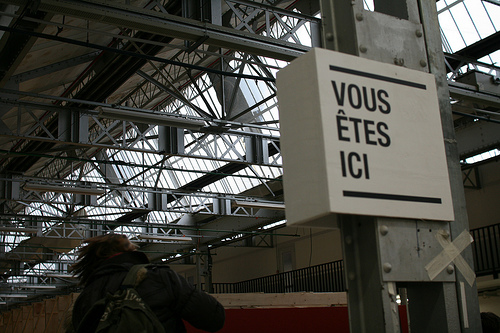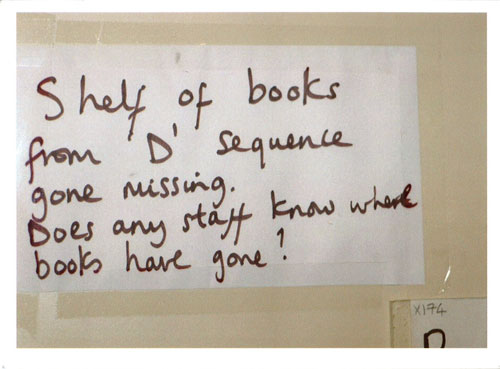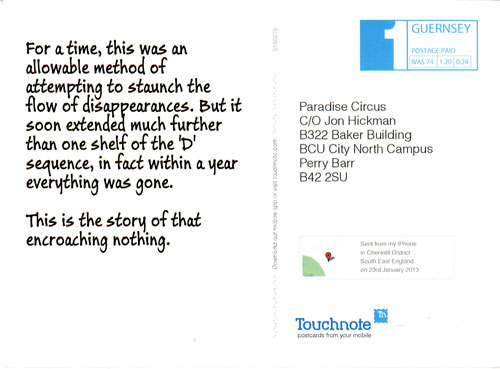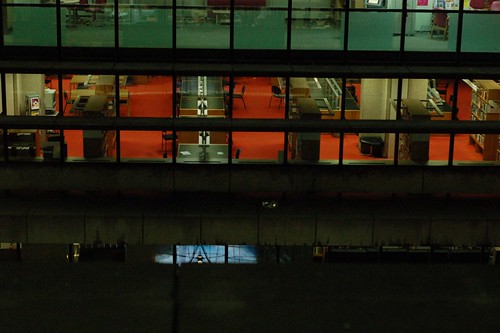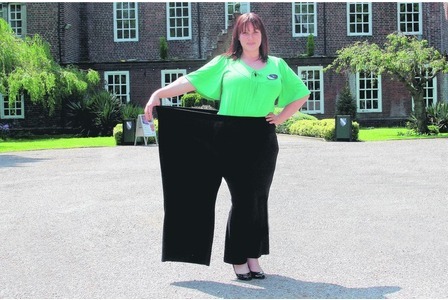Birmingham, like any city of a reasonable size, is a bit odd. This is to be expected because when you have a million people interacting with each other, sharing their ideas and opinions through words and actions, things get messy. In all my years of thinking-about-Birmingham I’ve often wondered how anyone can honestly say this city has a single fixed identity. At the very least it’s two cities, north and south, but it’s way more complex than that.
Perhaps it’s the echoes of villages the Birmingham suburban sprawled consumed that keep things distinct, giving the likes of Edgbaston and Erdington a sense of identity even though you can’t really tell where they begin and end on the 11 bus. For a city so worshipful of motorised mobility people really do have a focussed sense of place, be it their 19th century terrace or post-war estate.
And then there’s the city centre. A Big City Plan for the smallest core a major city has known. Birmingham’s identity isn’t to be found within the Queensway – that’s just the melting pot where the villages come to mix and shop. Birmingham is an area, a sprawl, a coalition of folk.
To see this in even sharper relief, pop along to the Black Country. Here this collection of villages engorged by industry into an urban sprawl doesn’t even bother with a unifying name. Legend has it accents change from street to street in Dudley, such is the loyalty to place. If this area has A People then it’s in the loosest sense.
Maybe this explains the self-deprecating Brummie character, one that is proud of where it’s from but doesn’t like to make a fuss about it, much to the frustration of the regional cheerleading squad. True Brummies know their city is impossible to define and they’re okay with that because it works for them.
To be honest, I don’t really know, and while it’s easy to speculate it’s not that useful. Let’s just say Birmingham as a concept is weirdly lose and leave it at that.
But even if it doesn’t really matter, I still find myself wondering: how does a sprawling city with a weak core and a multiplex identity hold itself together?
Continue reading “Power and the city”

